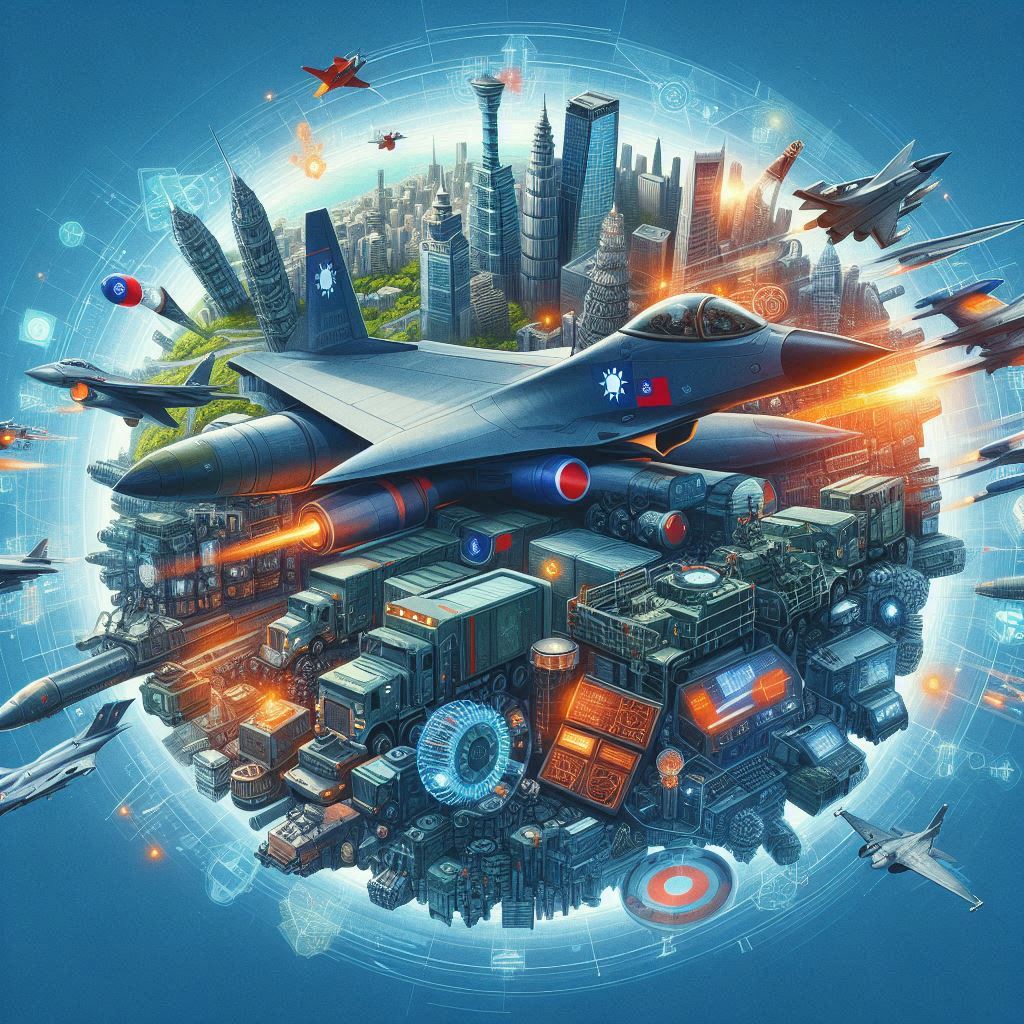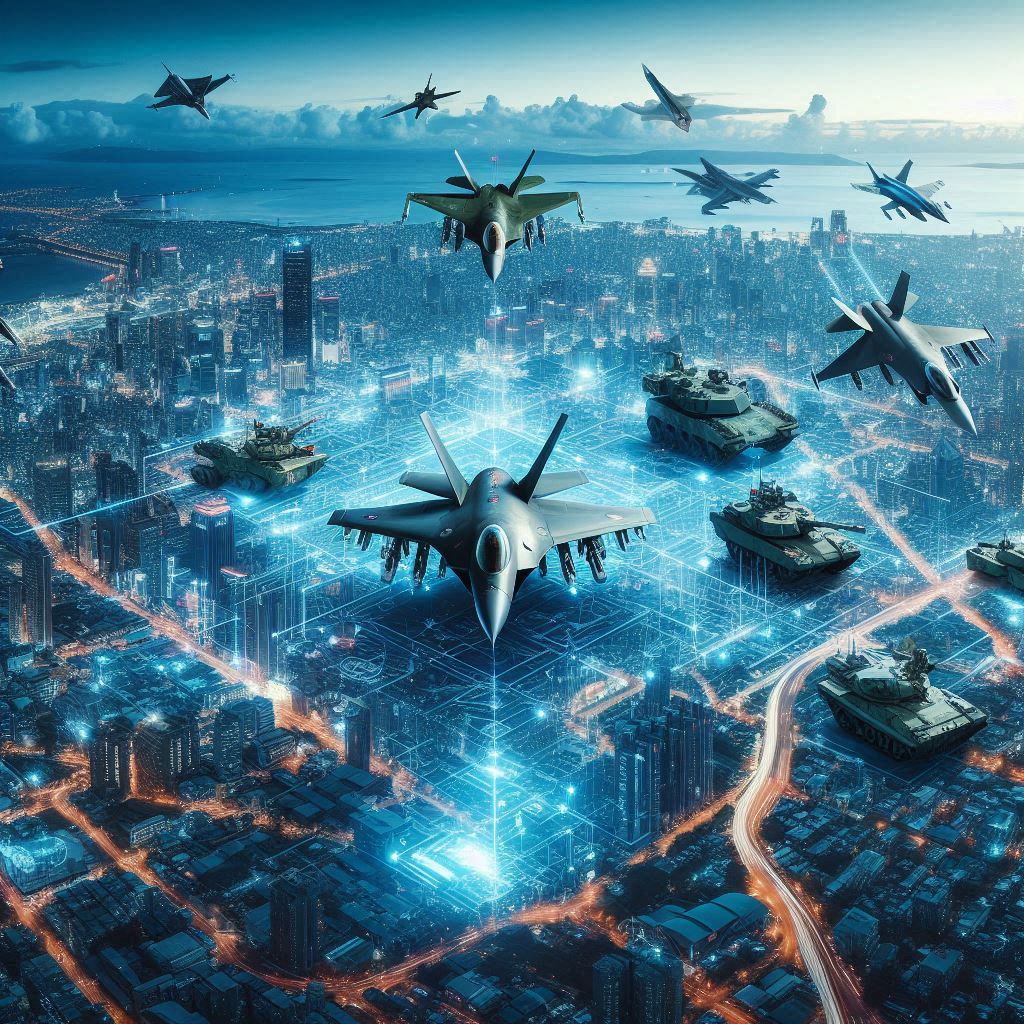如果台灣獨立會付出怎樣的代價,以東帝汶為例。
東帝汶為獨立建國付出沉重的代價。在爭取獨立的過程中,估計有約20萬人喪生,這其中包括直接因衝突而喪命的人,以及因飢餓和疾病而死亡的平民。東帝汶的獨立運動經歷長達數十年的鬥爭和暴力,特別是在印尼統治期間(1975-1999),導致大量的人口傷亡和流離失所。至於台灣,如果宣布獨立可能面臨的損失和預計傷亡則取決於多種因素,包括中國大陸的反應、國際社會的態度、台灣的防衛能力以及政治外交動向。以下是一些可能的情景:
軍事衝突:如果中國大陸以武力回應台灣的獨立宣言,可能會爆發大規模的軍事衝突。台灣的軍事防禦力量雖然不容小覷,但面對中國大陸強大的軍事力量,傷亡數字可能會相當高。
經濟損失:軍事衝突會嚴重影響台灣的經濟,造成基礎設施破壞、貿易中斷和市場恐慌。台灣作為全球供應鏈的一部分,尤其在科技領域(如半導體)的地位,將使其經濟損失更加嚴重,全球經濟也會受到影響。
平民傷亡:如若戰爭爆發,平民的傷亡和流離失所將不可避免。這將對社會造成巨大壓力,並且需要大量的人道援助。
國際反應:國際社會的反應會影響局勢的發展。如果其他國家選擇介入(如美國、日本),衝突可能會升級。反之,如果國際社會採取觀望態度,台灣可能需要獨自面對中國大陸的壓力。
具體的傷亡預測非常困難,因為這將受到戰爭規模、交戰方式、防禦措施以及國際干預等多種因素的影響。即使是最保守的估計,軍事衝突也會造成數以萬計的傷亡,而嚴重的全面戰爭可能會導致數十萬甚至更多人的傷亡。在這樣的背景下,台灣和中國大陸雙方及國際社會普遍尋求和平解決爭端,以避免潛在的災難性後果。
East Timor paid a heavy price for its independence. During the struggle for independence, it is estimated that around 200,000 people lost their lives. This figure includes those who died directly from conflict and those who perished from hunger and disease. East Timor's independence movement spanned several decades of struggle and violence, particularly during the period of Indonesian rule (1975-1999), leading to significant casualties and displacement of the population.
As for Taiwan, if it were to declare independence, the potential losses and estimated casualties would depend on various factors, including China's reaction, the stance of the international community, Taiwan's defensive capabilities, and political and diplomatic dynamics. Here are some possible scenarios:
Military Conflict: If China responds with military force to Taiwan's declaration of independence, a large-scale military conflict could erupt. Although Taiwan's defense forces are considerable, the casualty figures could be high given the might of China's military power.
Economic Losses: Military conflict would severely impact Taiwan's economy, causing destruction of infrastructure, trade disruptions, and market panic. Taiwan's critical role in the global supply chain, especially in technology sectors such as semiconductors, would lead to substantial economic losses, affecting the global economy as well.
Civilian Casualties: In the event of war, civilian casualties and displacement would be inevitable. This would place immense pressure on society and require significant humanitarian aid.
International Reaction: The international community's response would influence the development of the situation. If other countries, such as the United States or Japan, choose to intervene, the conflict could escalate. Conversely, if the international community takes a wait-and-see approach, Taiwan might have to face China's pressure alone.
Predicting exact casualties is extremely difficult, as they would be influenced by the scale of the war, the methods of engagement, defensive measures, and international intervention. Even the most conservative estimates suggest that military conflict would cause tens of thousands of casualties, while a severe full-scale war could result in hundreds of thousands or more.
Against this backdrop, both Taiwan and China, along with the international community, generally seek a peaceful resolution to the dispute to avoid potentially catastrophic consequences.



照片:DALLE3
- 1
- 2
- 3
- 4
